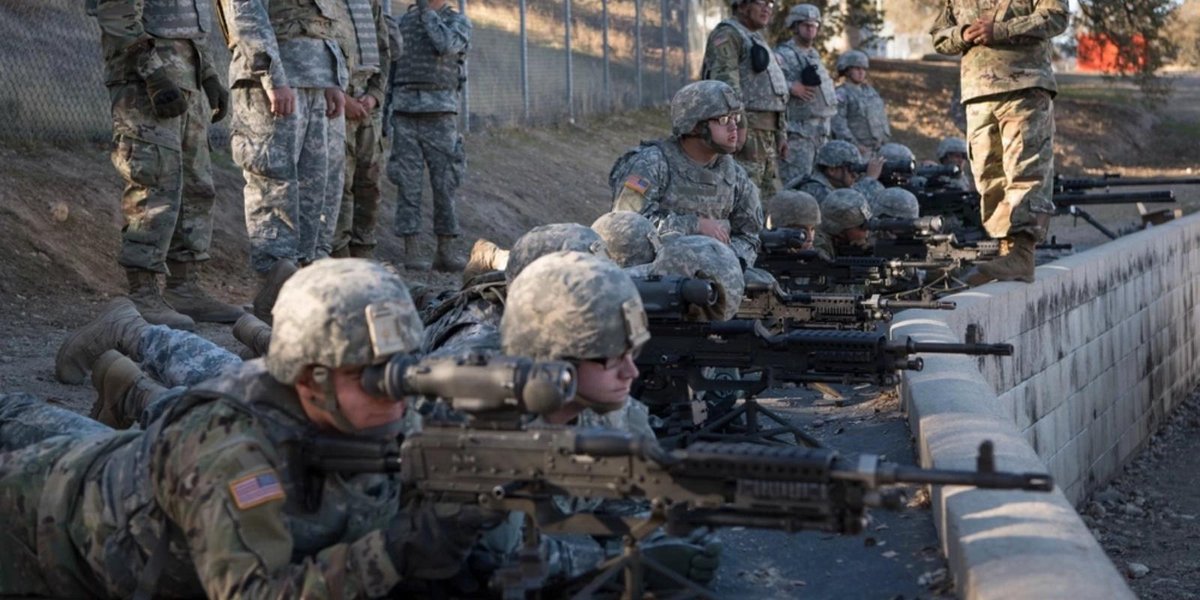NAVIGATING THE LEGALITIES OF JOINING THE MILITARY WITH HIV
COMMENT
SHARE

HIV, or human immunodeficiency virus, is a virus whose primary goal is to attack the cells of the body that help fight various kinds of infection. Thus, making the infected person more prone to other illnesses and diseases. If it is left untreated, it may lead to AIDS. With this health concern, the Department of Defense has a strict rule when it comes to accepting recruits who carry the virus since many are also concerned about having HIV in the military. However, it seems that the tables have turned with the new ruling of a federal judge that all Americans with HIV, provided that they are well-treated, can now join the military. They will not be forbidden from enlisting. This action struck down the current policy of the Pentagon, limiting the service of those with the virus.
Can I Join the Military If I am HIV-Positive?
The ruling of Judge Leonie Brinkema of the District Court for the Eastern District of Virginia ended the DOD's long stand when it came to accepting enlistments from people with HIV.
Brinkema mentioned that modern science has already found a remarkable way to treat the virus. Thus, asymptomatic people with undetectable viral loads who maintain regular treatment can perform all military duties and worldwide deployment.
With this decision, carriers can now join the military even if they are HIV-positive. The issue came about after Lambda Legal, a civil rights defender, filed a class-action lawsuit on behalf of three people who are not permitted to reenlist or enlist in support of the advocacy of Minority Veterans of America. In their statement, they argued that this discrimination violates the Fifth Amendment right to due process; this also erases the notion that you can have HIV in the military.
Back in 2022, the Pentagon made an announcement that service members who are HIV-positive will not be separated from the military or discharged. This decision includes personnel with undetectable viral loads.
However, the virus would still be one of the qualifiers if you wanted to enlist or commission. The Department of Defense argued that during deployment, it might be difficult for an HIV-positive person to take their medication, and it may result in a rebound of their viral loads.
The Pentagon even added that if they joined the military even if they were HIV-positive, it would set a disproportionately high cost on the military, and sending them to countries with access restrictions can be difficult. However, Judge Brinkema was not swayed by their defense.
From 2018 to 2023, there were roughly 7 million tested cases of HIV in the military. This includes guards, reserve, and active duty members, and 1,502 tested positive, according to the Defense Health Agency Medical Surveillance Monthly Report in September 2023.
Most of these cases were men, with women, around 39 testing positive; the Army is first with the highest percentage of positive tests, followed by the Air Force, Coast Guard, Navy, and Marine Corps. The Justice Department can still petition the judgment made by Judge Brinkema to a higher-level court. Still, based on track records, they did not appeal her ruling in 2022 in regards to denying commissions or discharging those service members with HIV in the military who wanted to become officers. This is a stepping stone that you can now join the military even if you are HIV-positive.
Can You Have HIV in the Military?
HIV cannot easily be transmitted unless you have direct contact with a person who has a detectable viral load. Some possible transmission is via blood, breast milk, rectal fluids, semen, and vaginal fluids. For these to occur, the virus in these fluids must enter the bloodstream of a person who doesn't have it through a mucous membrane that can be found in the mouth, vagina, rectum, or tip of the penis. The virus may travel via open cuts, sores, or by direct injection.
Those who carry the virus can still live an everyday life, taking their prescribed medicine regularly. You may have the virus if you experience these symptoms 2 to 4 weeks after infection: flu-like symptoms that include chills, sore throat, fever, rash, muscle aches, swollen lymph nodes, night sweats, and mouth ulcers. If you have these, it's better to consult a doctor proper diagnosis and counseling.
Suggested reads:
Join the Conversation
Allison Kirschbaum
Veteran, Military History & Culture Writer at MyBaseGuide
Allison Kirschbaum is a Navy Veteran and an experienced historian. She has seven years of experience creating compelling digital content across diverse industries, including Military, Defense, History...
Allison Kirschbaum is a Navy Veteran and an experienced historian. She has seven years of experience creating compelling digital content across diverse industries, including Military, Defense, History...
Credentials
- Navy Veteran
- 7 years experience in digital content creation
- Expertise across Military, Defense, History, SaaS, MarTech, FinTech industries
Expertise
- Military History
- Naval Operations
- Military Culture
SHARE:



